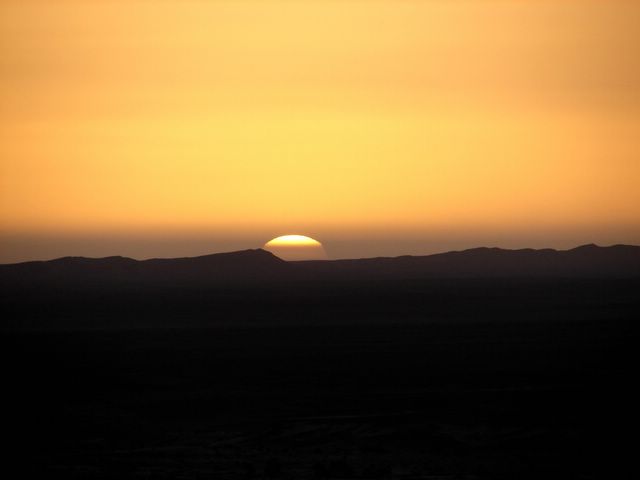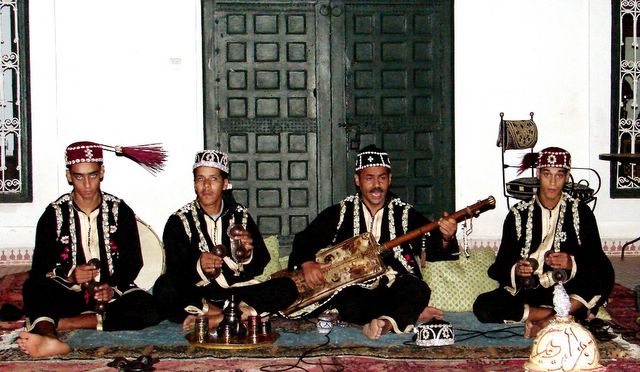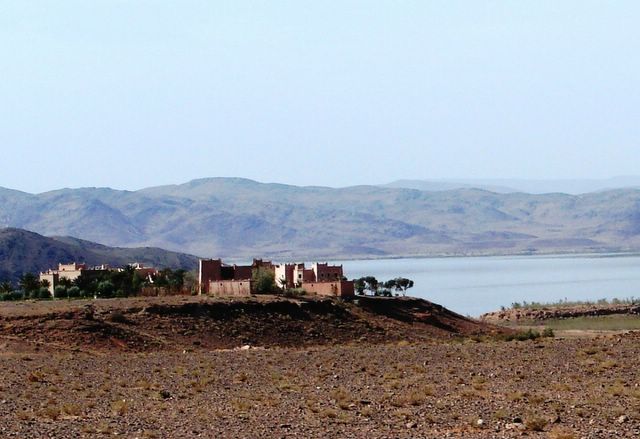Cartoonish, You Say?
What offended me was not that some Danish newspaper published a silly cartoon depicting prophet Mohammed, but rather that he was illustrated with a bomb on his head. This particular caricature carries a conscious and purposeful offense. Namely that 'Muslims are fundamentally wired to be terrorists'. That is what I find to be extremely hateful and offensive.
A proper analogy, here, would be if some newspaper published a cartoon of Jesus Christ molesting a child in the aftermath of the sexual abuse allegations involving a few Catholic priests. The implication of such caricature would be that "Christians are child molesters". This would be considered, and rightfully so, an assault on the dignity of the Christian faith. It would also, by the way, seriously offend Muslims who consider Jesus to be a prophet on equal footing with Mohammed.
Now, do people have the right in a free society to offend and hate? – Sure they do. But democracy has never been synonymous with anarchy and with freedom comes responsibility.
As such, governments have an obligation to protect the dignity of all their citizens and ensure their security against enemies both foreign and domestic - that is in fact an oath that U.S. government officials swear to before taking office. Democracies also enact laws and regulations to guard against excesses of freedom that threaten public safety and order: One does not have the freedom to yell fire in a crowded theatre nor does he or she have the freedom to urinate in a public space. Hateful propoganda dispensed for public consumption, one would argue, can be subject to the same limitations as litter laws that are in full force in the most democratic of democracies, including Danemark.
However, it is never excusable to condone violence no matter what the reason. Dr. King's civil rights movement is certainly a vivid example of how non-violent civil action can be effective even in the face of violent oppression. We now have a region where anger and resentment have been gathering for a long while, producing a collection of on-call hateful hooligans who come out shooting their guns at the slightest provocation. The violent protests we are seeing in places like Palestine, Syria, Lebanon, Afghanistan, Iran, and Iraq, although all deeply troubled countries with a long history of conflict, are simply shameful. This is ultimately a Muslim problem that needs a Muslim solution. Muslims have a lot of house cleaning to do – there is no doubt about that. But, they do not need to be offended and humiliated into reform. Millions of Muslims are laboring to wrestle control of their faith from oppressive radical elements. They need to be supported, not offended.
Finally, beyond the headlines, the debate over the offensive caricatures has much to do with a few fundamental questions of vital importance to the future of the world:
(1) How will the Islamic world re-appraise its core values for a new revival? What will it take for it to dismantle religious monopoly, break old taboos and open new gates to independent thought?
(2) How will Western democracy cope with demographic and global change? How much will it resist the inevitability of change and how properly is it equipped to prevent the tyranny of its own majority?
(3) Is liberal democracy the exclusive partner of secularism or will mounting resistance to the latter thrust religion into a more expressed role in the shaping of the future countours of democracy?


























